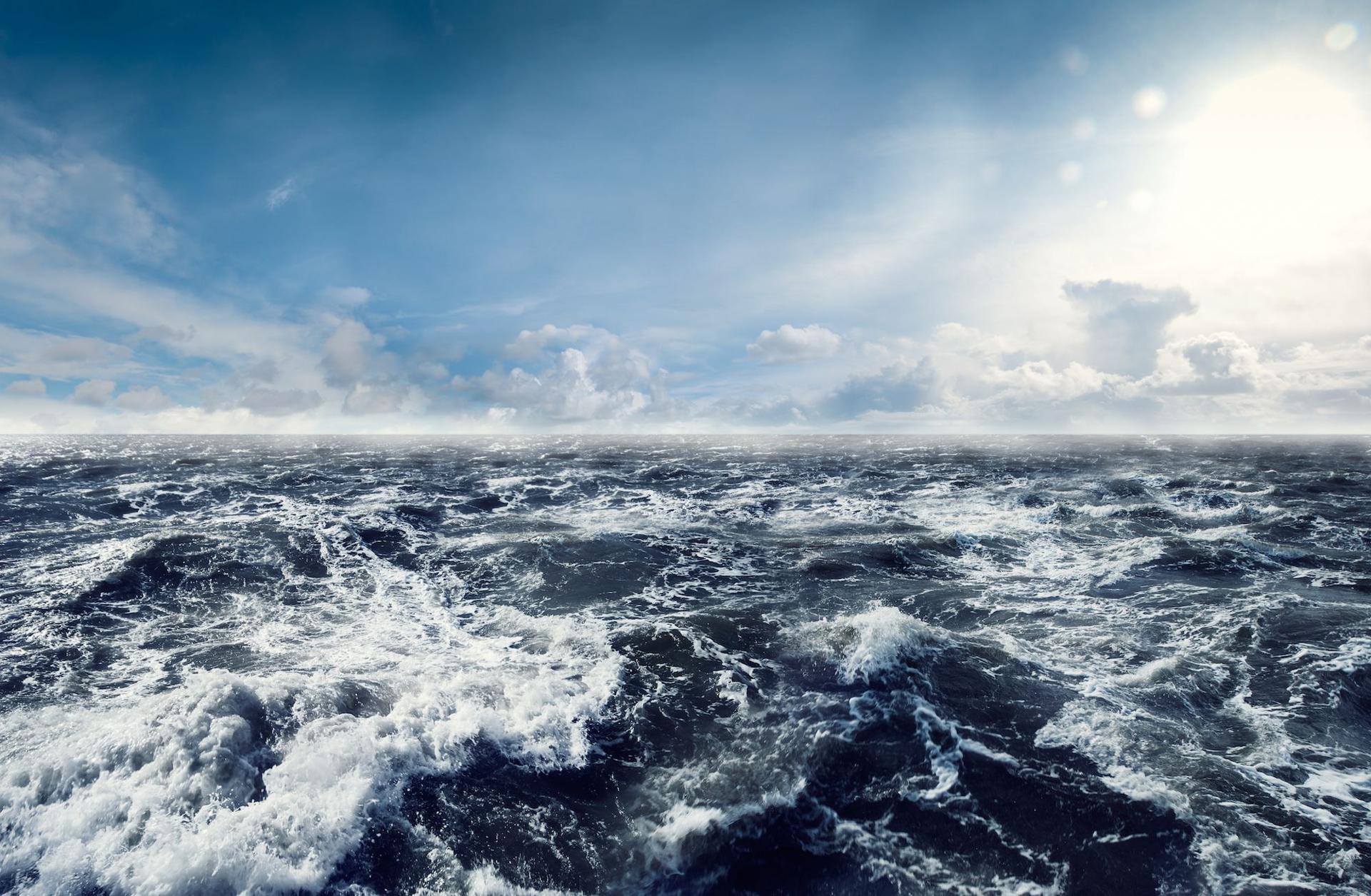Africa-Press – Kenya. FOR those who might not know, Tanzania is located on the eastern coast of Africa and has an Indian Ocean coastline approximately 1,424 kilometres (885 miles) long. It also incorporates several offshore islands, including Unguja (Zanzibar), Pemba, and Mafia, which in a nutshell, must force it to strategise on how to conserve and keep them clean.
With this background, President Samia Suluhu Hassan’s trip to France for the three-day-One Ocean Summit hosted by French President Emmanuel Macron to protect the oceans must be supported by all, because in case of any destruction to it, all of us as nationals will suffer.
It is not a secret that human activities affect marine life and marine habitats through overfishing, habitat loss, the introduction of invasive species, ocean pollution, ocean acidification and ocean warming among others. Like in the past, there have been many disastrous chemical spills at sea and from industry on land, affecting animals immediately via ingestion, or long term, in changes to reproduction cycles and other biological processes.
Sadly, oil spills still occur, coating beaches, sinking to smother Ocean plant life and killing a wide variety of birds, fish and sea mammals. Research shows that underwater noise from construction, shipping and naval vessels significantly impacts the natural behaviour of cetaceans and many other marine species.
This can be seen when mass beaching events occur or breeding success is diminished. The world has woken up to the millions of tonnes of plastic that have entered the Ocean over the past 100 years.
The impacts of this scourge will last a lot longer and in many areas, factory fishing has destroyed local fish stocks, leaving too few adults to breed for the future.
With increased urbanisation, tarmac and other manmade land surfaces contribute to petrol, diesel and other harmful chemicals easily flowing into rivers or directly into the Ocean.
The increase in the use of fertilisers for agriculture and warming ocean waters has contributed to eutrophication of the Ocean in certain areas of the world.
This means there is less available dissolved oxygen for native sea life, which can negatively impact biological processes.
The list might be long, but as citizens of this planet we must collectively take the responsibility of protecting the oceans and environment, where we live.
This should not be seen as the work of the government and stakeholders only, but as individuals-we must feel the pinch and act now.
That is why the Head of State made the call in Brest, France on Friday saying: “By advancing ocean governance, nations will be able to deal with issues, which pose a threat to the ocean like illegal fishing, climate change, overexploitation and marine pollution.”
For More News And Analysis About Kenya Follow Africa-Press






